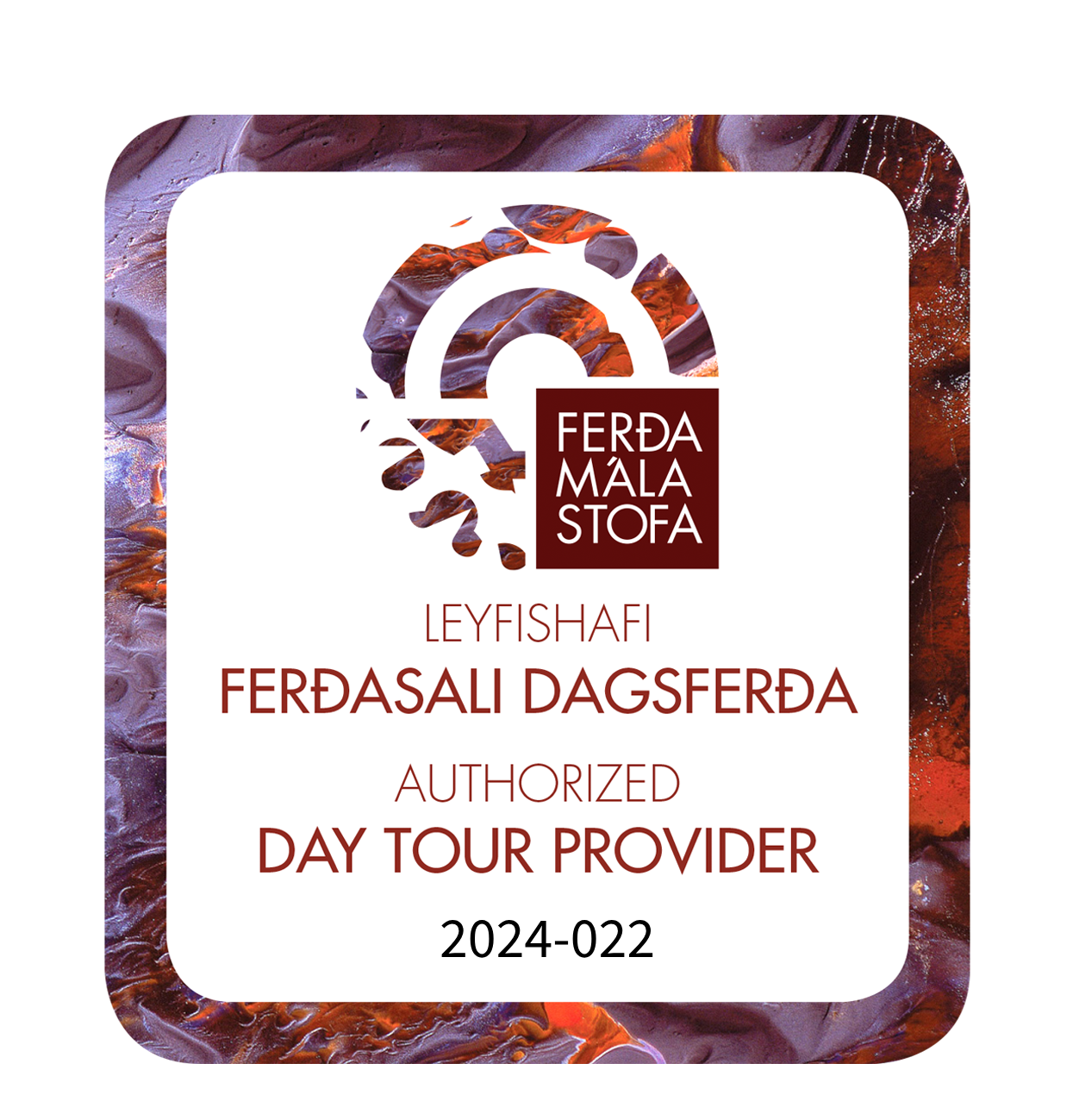Iceland, a country renowned for its stunning landscapes and natural wonders, has a long-standing history of whaling. Whales have played a significant role in the lives of Icelanders, providing vital resources for sustenance and economic activities. However, as global awareness about the importance of whale conservation grew, Iceland’s approach to whaling underwent a transformation.
Early Whaling Practices:
Whaling has deep roots in Iceland, dating back to the time of settlement in the 9th century. The early Icelandic settlers identified the abundance of marine resources surrounding the island, including various whale species. Whales provided them with sustenance, offering meat, blubber for oil, bones for tools, and baleen for various purposes. Traditional methods such as beaching and harpooning from small boats were employed for hunting these majestic marine creatures.
The Rise of Industrial Whaling:
As the 19th century ushered in the era of industrialisation, Iceland witnessed a shift in whaling practices. Modern techniques emerged, driven by the increasing demand for whale products. Larger vessels and more efficient hunting methods were employed to meet the needs of a growing market. Norwegian influence played a significant role in shaping Iceland’s whaling industry during this period. However, the outbreak of World War II and subsequent economic challenges caused a decline in whaling activities.
The Icelandic Whaling Industry:
In the 20th century, the Icelandic government took steps to regulate and support the whaling industry. Iceland joined the International Whaling Commission (IWC) in 1948, which was established to oversee global whaling activities. Commercial whaling flourished in subsequent decades, driven by a rising demand for whale meat and other products. Icelandic whaling companies predominantly operated in coastal waters, targeting species such as the fin whale and the minke whale.
Conservation and International Pressure:
As global concerns for whale conservation intensified, Iceland faced growing international pressure to address the sustainability of its whaling practices. Environmental organizations and international agreements called for a moratorium on commercial whaling. In 1986, the IWC implemented a ban on commercial whaling, a decision initially adhered to by Iceland. However, in 2003, Iceland resumed limited commercial whaling, citing concerns over fish stock depletion.
Contemporary Stance on Whaling:
Iceland’s decision to resume whaling drew criticism from the international community, including conservationists and anti-whaling activists. The practice remained contentious, with ongoing debates surrounding its economic viability, sustainability, and ethical implications. Iceland maintained lowerbwhaling quotas compared to previous years, targeting a limited number of whales each season.
Transition to Whale Watching and Conservation:
In recent years, Iceland has witnessed a significant shift towards whale watching as a more sustainable alternative to whaling. With its pristine coastal waters serving as an ideal habitat for various whale species, the country has embraced the enormous potential of responsible whale watching tourism. This emerging industry has attracted visitors from around the world, offering an opportunity to experience the awe-inspiring presence of these magnificent creatures in their natural habitat. Consequently, the demand for whale meat domestically has decreased.
Looking Towards a Sustainable Future:
Iceland’s stance on whaling continues to evolve, reflecting changing global perspectives on marine conservation. The Icelandic government expressed a commitment to reducing the practice of whaling, placing greater emphasis on responsible tourism and scientific research on whale populations.
The end of whaling:
In 2022 the Icelandic Food Agency in collaboration with the Norwegian Food Agency started regular monitoring of whaling last year when 148 fin whales were caught. A report on these hunts was published in May 2034, where the Food Agency’s and Ethical review boards opinion is that the hunts were not in accordance with the objectives of the Animal Welfare Act. The Food Agency concluded they did not have the authority to ban whaling and passed on their report to parliament. As of the 20th of June 2023 Svandís Svavarsdóttir, the Minister of Food, decided to temporarily stop whaling until the 31st August 2023.
